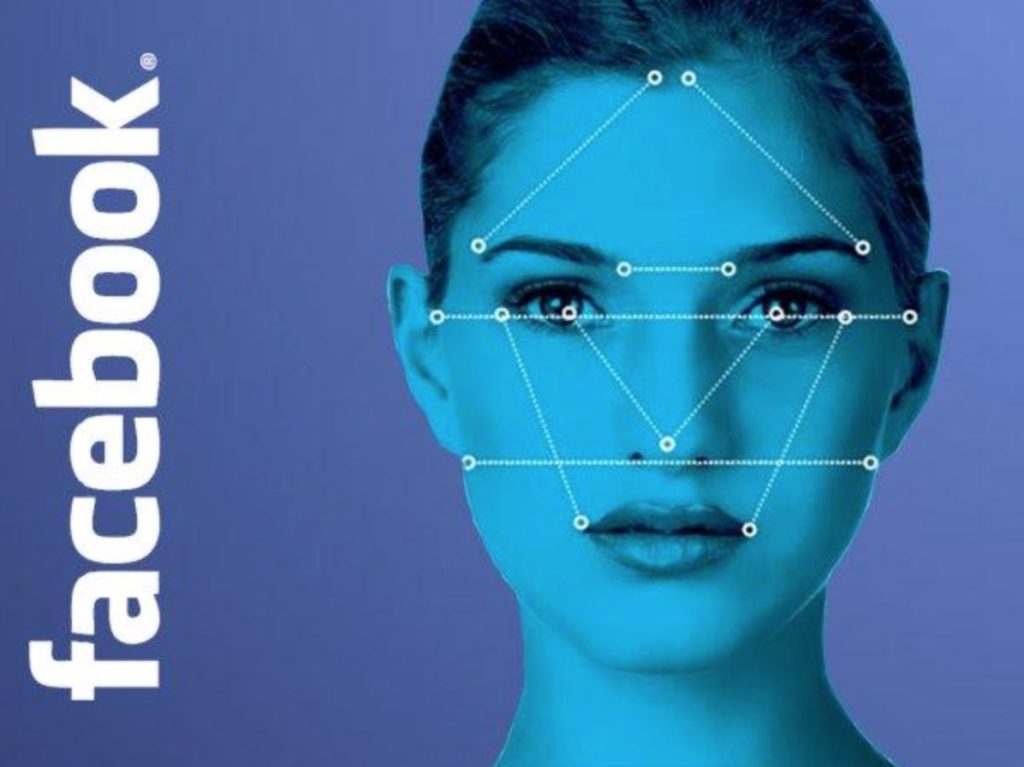As the technology becomes increasingly ubiquitous and far more accurate, facial recognition and the lack of any laws or regulations around the practice is slowly starting to enter mainstream consciousness. It’s a very important issue that isn’t getting the attention it deserves.
For example, as I highlighted in the recent post, Half of American Adults Exist in a Government Accessible Facial Recognition Network:
Half of all American adults are already in some sort of facial recognition network accessible to law enforcement, according to a comprehensive new study.
Conducted over a year and relying in part on Freedom of Information and public record requests to 106 law enforcement agencies, the study, conducted by Georgetown Law’s Center on Privacy and Technology, found American police use of facial recognition technology is a scattered, hodgepodge network of laws and regulations.
“Looking at the sum total of what we found, there have been no laws that comprehensively regulate face recognition technology, and there’s really no case law either,” Clare Garvie, an associate at the CPT, told Vocativ. “So we find ourselves having to rely on the agencies that are using that technology to rein it in. But what we found is that not every system — by a long shot — has a use policy.”
With that in mind, Bloomberg published an interesting article yesterday covering a couple of lawsuits against Facebook and Google regarding their facial recognition practices.
Here’s some of what we learned:
from Liberty Blitzkrieg http://ift.tt/2eVfD90
via IFTTT
